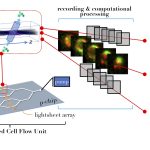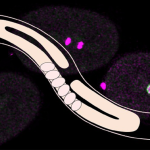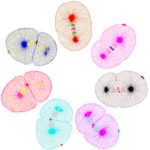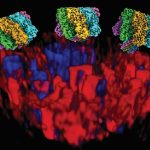
People with sickle cell anaemia (SCA) face life-threatening complications such as stroke and organ damage, and in some cases, premature death. SCA occurs due to a genetic mutation that makes the haemoglobin in red blood cells clump together, affecting their morphology, and damaging capillaries and other organs. The abnormal gene gets passed on either from one parent (Sickle Cell Trait or SCT), or from both parents (SCD). Existing diagnostic techniques are expensive, time-consuming and require specialised labs.
Researchers led by Sai Siva Gorthi in the Department of Instrumentation and Applied Physics (IAP) and collaborators have now designed a rapid, low-cost, point-of-care method to screen individuals for sickle cell anaemia.
The system relies on the characteristic property of haemoglobin in a solution to absorb and transmit light. The team observed differences in the light absorption capacity between deoxygenated blood samples taken from people with SCT and SCD, and healthy volunteers. In preliminary clinical trials with 438 patient samples, the test showed high sensitivity (96.9%) and specificity (98.6%).
According to the researchers, the test takes only 15 minutes and is expected to cost less than Rs 100. A technology patent has been filed and licensed by ShanMukha Innovations, an IISc-incubated startup.






